The 1970s were a golden era for American television, when sitcoms mirrored societal changes and tackled issues such as racism, sexism, and economic inequality. Let’s explore iconic ’70s sitcoms and rediscover the magic of this transformative decade in TV history.
MAS*H

MAS*H told the story of a mobile army surgical hospital during the Korean War. The series was notable for its dark humor and poignant commentary on the absurdities of war. Alan Alda’s portrayal of Hawkeye Pierce became an iconic television character.
The Mary Tyler Moore Show
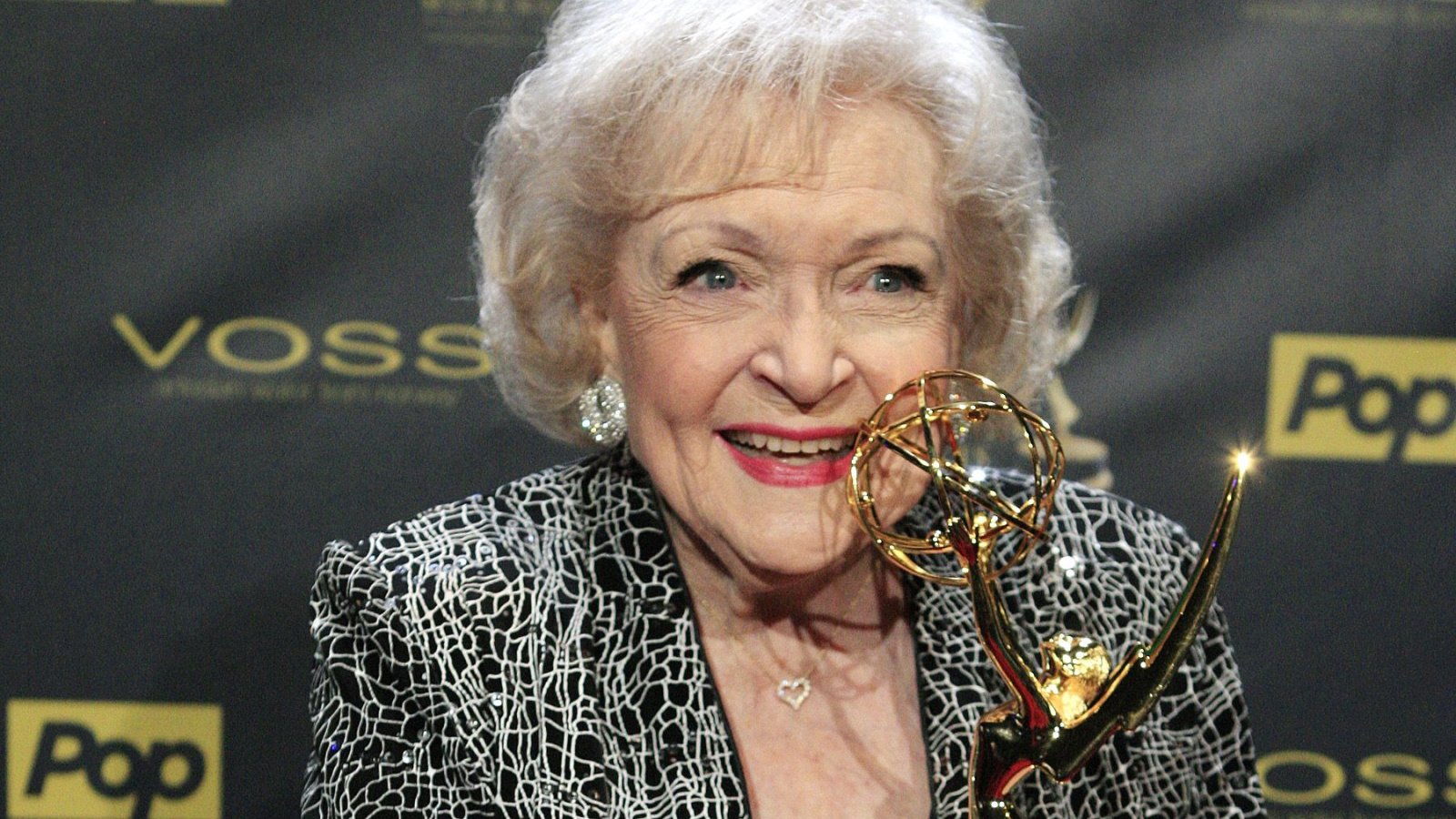
The Mary Tyler Moore Show broke new ground by focusing on a single, career-oriented woman in her 30s. Mary Richards, played by Mary Tyler Moore, navigated the challenges of working at a Minneapolis TV news station. The show highlighted the evolving roles of women in the workplace.
Good Times
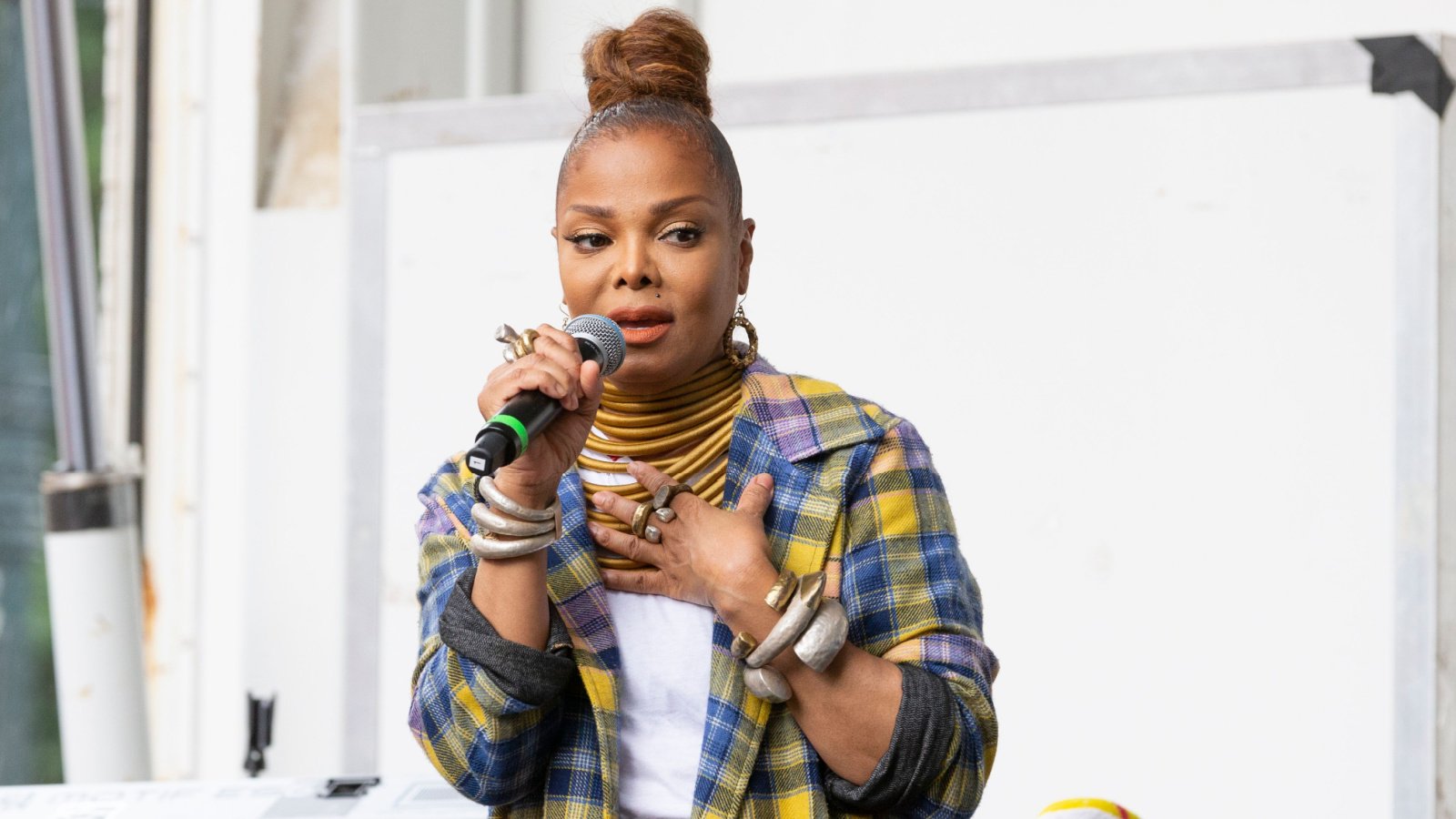
Good Times portrayed the struggles and joys of an African American family living in a Chicago housing project. The show tackled issues such as poverty, unemployment, and racial discrimination with humor and heart. The character of J.J., known for his catchphrase “Dy-no-mite!” became a pop culture sensation.
Three’s Company

Three’s Company was known for its farcical humor and misunderstandings revolving around three roommates living in Santa Monica. The series starred John Ritter, Suzanne Somers, and Joyce DeWitt, whose comedic chemistry drove the show’s success. Its playful take on cohabitation and mistaken identities made it a fan favorite.
Welcome Back, Kotter

Welcome Back, Kotter follows a high school teacher who returns to his alma mater to teach a group of remedial students known as the Sweathogs. The show’s humor and heart were driven by the dynamic between teacher Gabe Kotter and his students. John Travolta’s role as Vinnie Barbarino helped launch his career.
Soap

Soap was a satirical take on daytime soap operas, following the absurdly dramatic lives of two families. The show’s outrageous plotlines and ensemble cast, including Billy Crystal, pushed the boundaries of traditional sitcoms. Its unique blend of parody and comedy made it a cult favorite.
Rhoda

A spin-off from The Mary Tyler Moore Show, Rhoda followed Mary Richards’ best friend, Rhoda Morgenstern, as she moved back to New York City. The show explored Rhoda’s personal and professional life with wit and charm.
Diff’rent Strokes
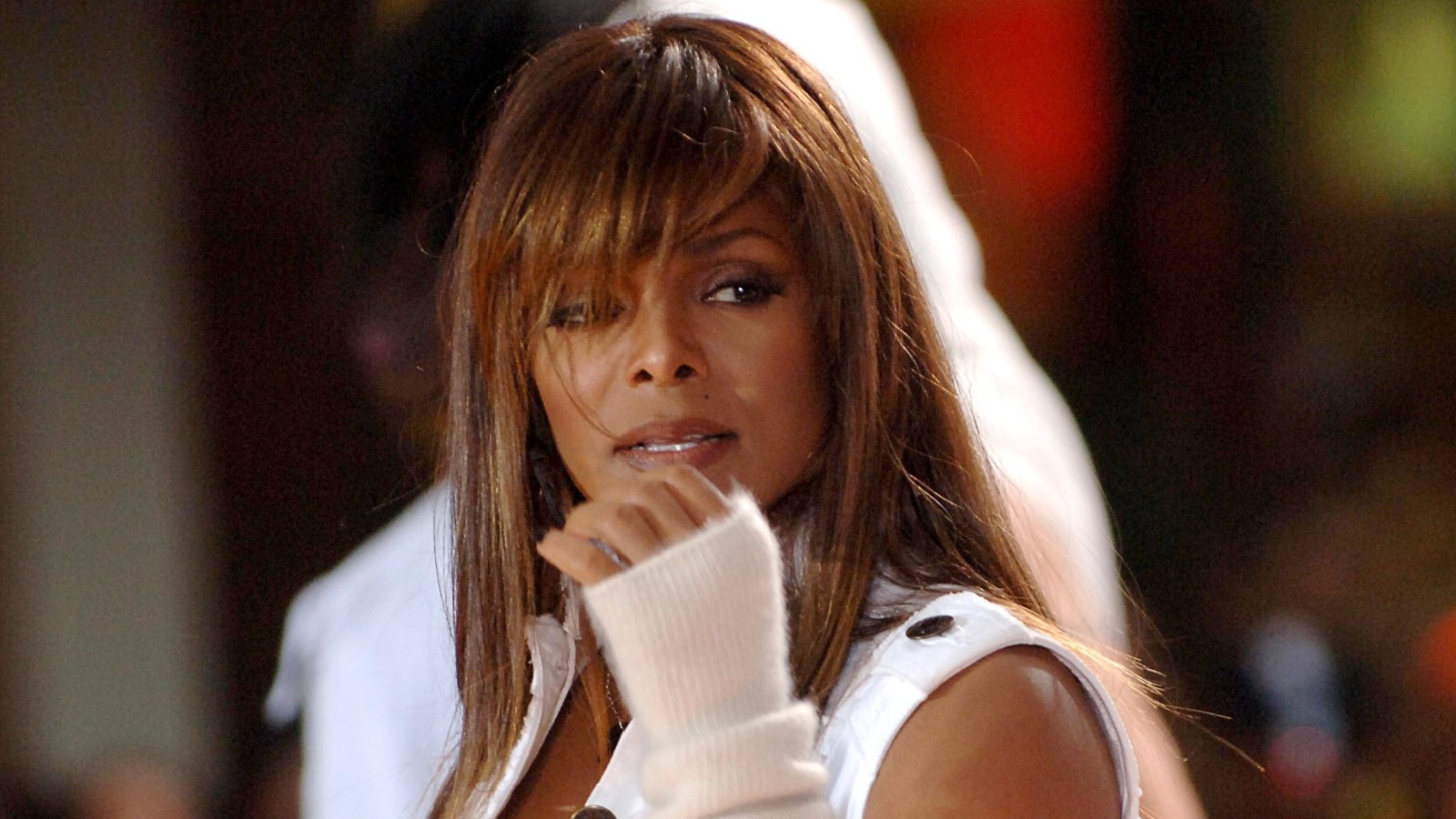
Diff’rent Strokes tells the story of two African American brothers adopted by a wealthy white businessman. The show addressed social and racial issues with humor and heart, often through the perspective of the precocious Arnold, played by Gary Coleman. His catchphrase, “What’chu talkin’ ’bout, Willis?” became iconic.
Happy Days

Set in the 1950s, Happy Days became a nostalgic favorite, showcasing the Cunningham family’s adventures. The character of Arthur “Fonzie” Fonzarelli, played by Henry Winkler, became a cultural icon. The show’s lighthearted depiction of teenage life and family values resonated with audiences.
The Love Boat

The Love Boat set sail with a rotating cast of guest stars each week, providing a mix of romance, comedy, and drama. The show was set on a luxury cruise ship and featured the adventures of its passengers and crew.
Taxi
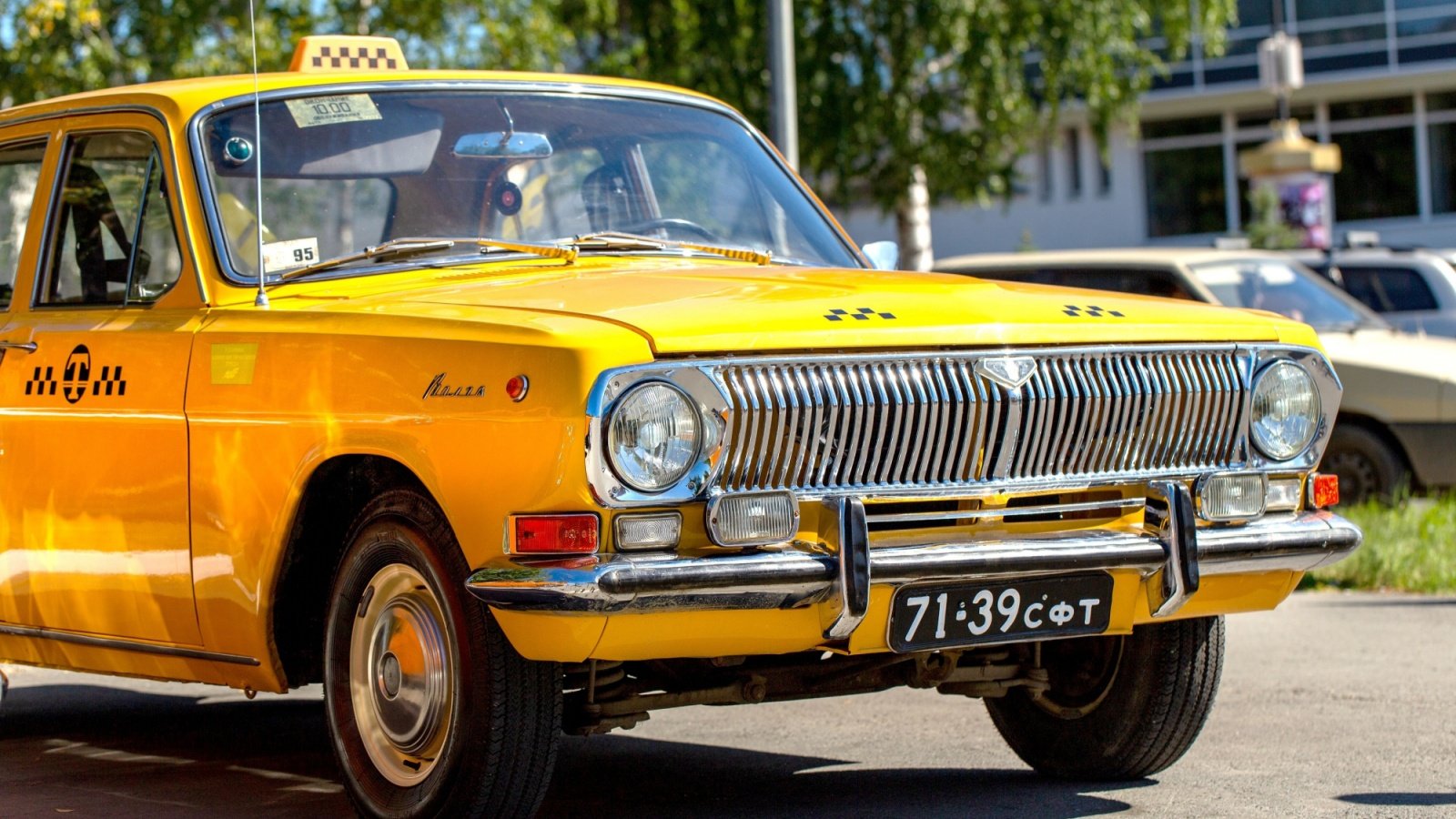
Taxi provided a glimpse into the lives of a group of New York City cab drivers and their grumpy dispatcher. The show’s blend of humor and poignant moments, along with an ensemble cast including Danny DeVito and Judd Hirsch, made it a standout sitcom.
WKRP in Cincinnati

WKRP in Cincinnati offered a humorous look at the inner workings of a struggling radio station. The eclectic cast of characters, including the bumbling station manager and the suave DJ, created endless comedic situations.
Laverne & Shirley

Laverne & Shirley, a spin-off from Happy Days, focused on the comedic escapades of two single women working in a Milwaukee brewery. The series’ physical comedy and catchy theme song endeared it to audiences.
The Bob Newhart Show

The Bob Newhart Show starred Bob Newhart as a mild-mannered psychologist navigating the quirks of his patients and colleagues. The show’s dry humor and Newhart’s deadpan delivery made it a critical and commercial success.
One Day at a Time

One Day at a Time chronicled the life of a divorced mother raising two teenage daughters with the help of their building superintendent, Schneider. The show addressed topics such as single parenthood, feminism, and teenage rebellion.
The Jeffersons

A spin-off from All in the Family, The Jeffersons followed George and Louise Jefferson as they moved on up to a deluxe apartment in Manhattan. The show tackled issues of race, class, and entrepreneurship with humor and flair.
Maude

Maude, another spin-off from All in the Family, featured Bea Arthur as the outspoken and liberal Maude Findlay. The show tackled controversial issues such as women’s rights, abortion, and mental health. Maude’s brash, no-nonsense demeanor made her a memorable character.
Alice

Alice centered on a widowed mother working as a waitress at Mel’s Diner while pursuing her dream of becoming a singer. The show’s humor and warmth came from the interactions between Alice and her quirky coworkers and customers.
All in the Family

All in the Family revolutionized television with its candid exploration of social issues through the Bunker family’s lens. Archie Bunker’s bigotry and Edith’s naivety provided a platform for addressing racism, sexism, and political tensions. The show’s bold approach to controversial topics earned it a place in television history.
The Brady Bunch

The Brady Bunch depicted life as a blended family with six children. The show’s wholesome humor and catchy theme song made it a beloved staple of 1970s television. Episodes often centered on the trials and tribulations of family life.
Sanford and Son

Sanford and Son followed the misadventures of a cantankerous junk dealer, Fred Sanford, and his long-suffering son, Lamont. The show’s humor often stemmed from Fred’s scheming and sharp-tongued insults.
Eight Is Enough

Eight Is Enough chronicled the lives of the Bradford family, with eight children and a widowed father, Tom Bradford. The show dealt with real-life issues and family dynamics, offering a heartfelt portrayal of a large, loving family.
Barney Miller

Barney Miller focused on the daily lives of New York City detectives in a run-down precinct. The show’s blend of character-driven humor and social commentary set it apart from other police procedurals. Hal Linden’s portrayal of the level-headed Captain Miller anchored the series.



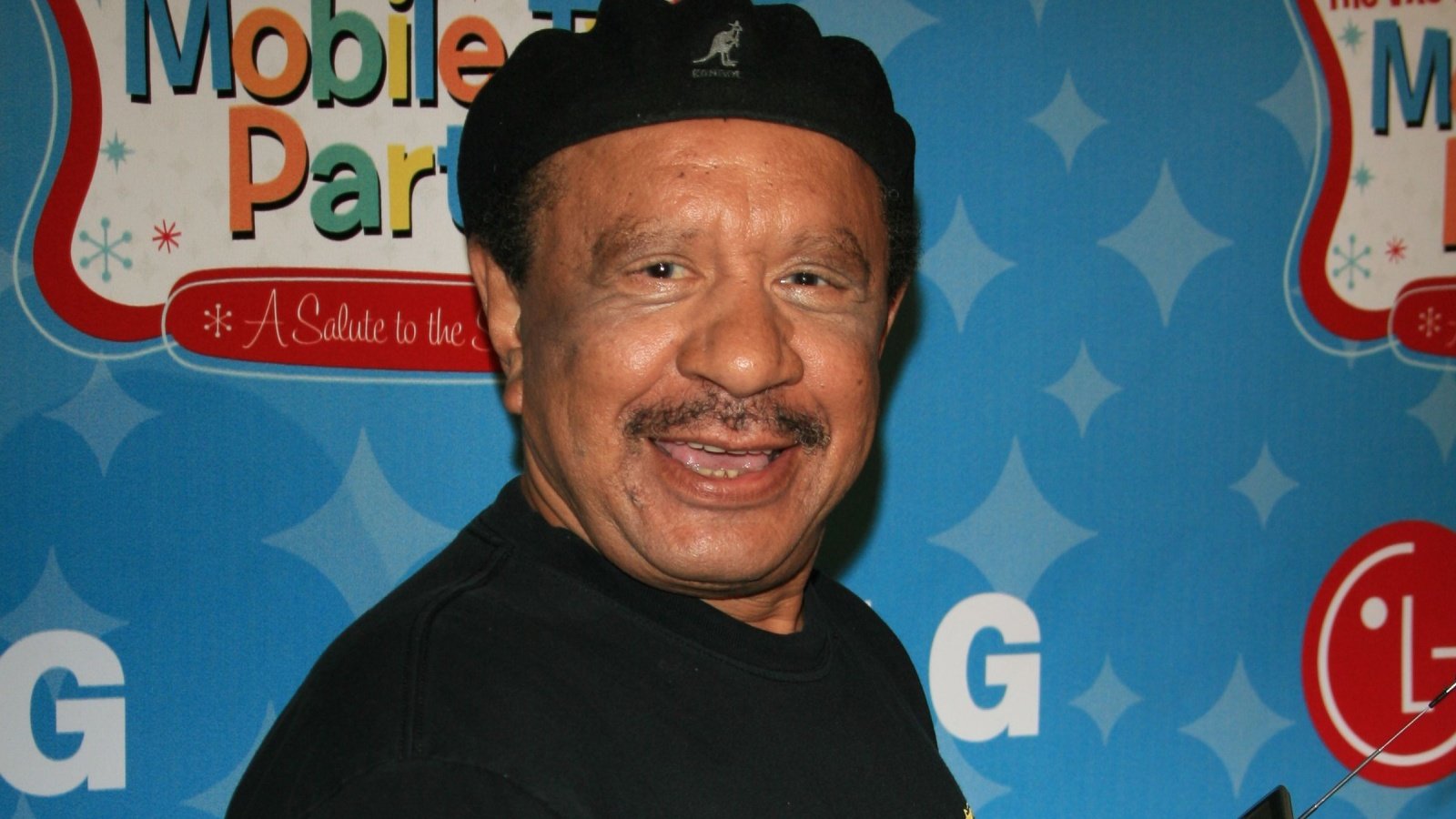





Great blog post.Really looking forward to read more. Great.